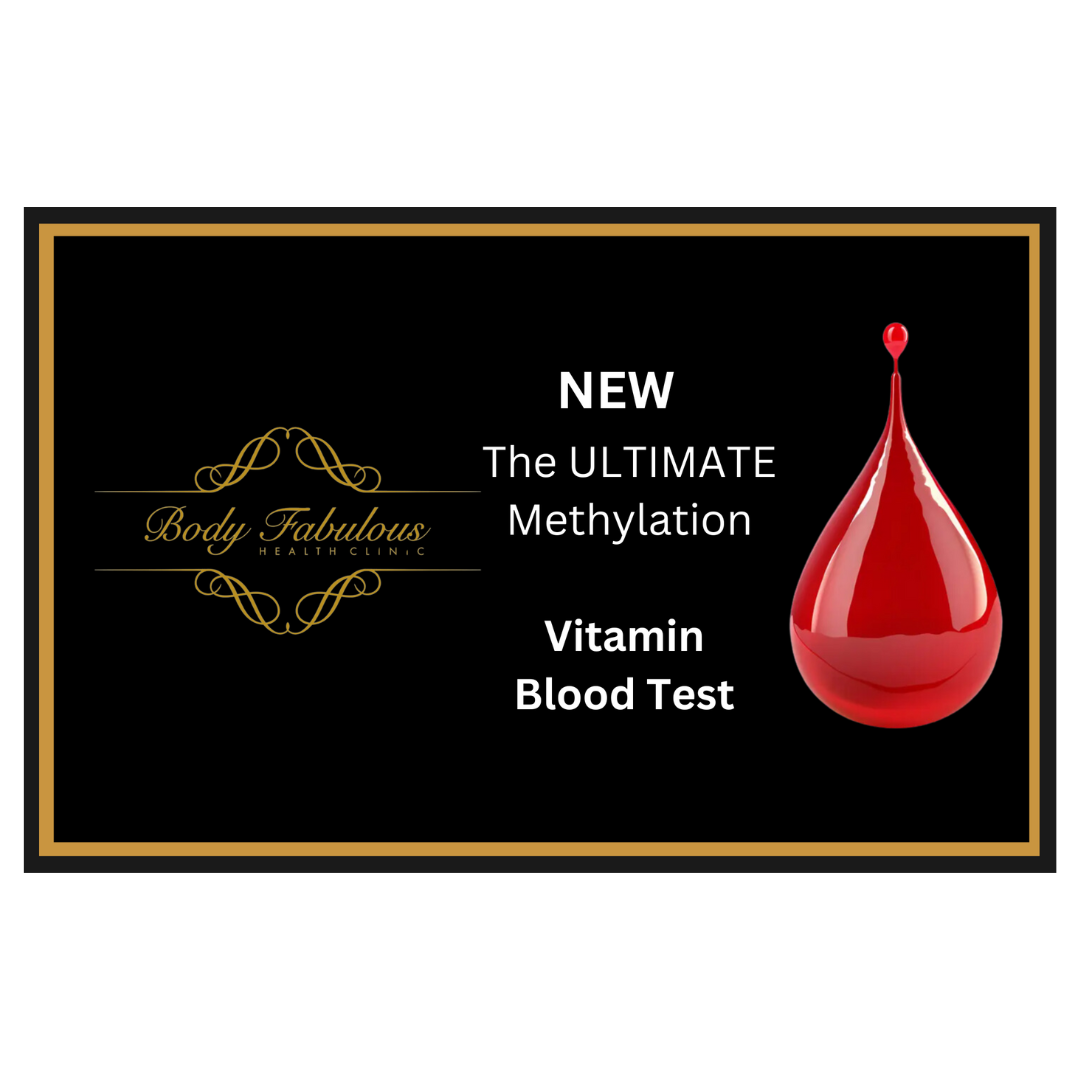HEALTH TESTS
Scroll down to Order
Are you unsure which test you should order?
Use our INSTANT ADVICE form below or for more complex health concerns complete the EMAIL ADVICE form.
Prefer to speak to our clinical team instead? We offer general advice calls for £35 HERE. These 20 minute appointments are done via Zoom and after your call you will receive a discount code for £35 to use against any follow up tests or supplements.
Discounts for health testing;
Order 2 tests get 5% off use code ULT5
Order 3 tests get 7% off use code ULT7
Order 4 or more tests get 10% off use code ULT10
Order 6 or more tests get 12% off use code ULT12
Order 10 or more tests get 15% off use code ULT15
Diet & Lifestyle Blood Test Including Nurse Service To Your Home for UK Patients
Diet & Lifestyle Blood Test Including Nurse Service To Your Home for UK Patients
The Diet & Lifestyle Blood Test offers a comprehensive look at how your daily habits, nutrition, and stress levels are impacting your health. With a nurse visiting your home to take your blood (UK patients only), you’ll receive a detailed report covering energy markers, B vitamins, inflammation, blood sugar, cholesterol, liver health and more. Ideal for anyone seeking a routine check-up or a deeper understanding of their wellbeing.
✅ Includes nurse home visit for UK patients—no clinic needed
✅ Assesses 40+ markers for diet, metabolism, inflammation & vitamin levels
✅ Receive personalised dietary, supplement and lifestyle recommendations from our expert team.
THIS TEST CAN NOT BE SHIPPED OUTSIDE UK.
Included in the cost of your test is advice, interpretation and support from our functional medicine team on your results. Choose package options below. Video calls are 30 minutes and you are sent a link to book your call once your results are ready.
You will be asked to fill out a patient form at checkout which will give us more information on your symptoms, current medications and supplement intake.
Gain valuable insights into the markers you can change through diet and lifestyle with our most advanced diet and lifestyle blood test, which includes an analysis of your omega fatty acids.
We also offer a full traditional blood test which you can order HERE (note this one does not cover cortisol or omega 3 & 6)
Report is provided via PDF along with doctor’s notes. Our agency nurse service will contact you within 4 working days to arrange a convenient time to visit you in your home to take your sample - price of this home service is included already. Suitable for age 18 and over.
Lab test results & personalised written report = £370
Lab test results & 30 minute zoom call = £390
Lab test results & 30 minute zoom call & personalised written report following your call = £410
Our Advanced Diet and Lifestyle with Omega 3 and 6 Blood Test is our most advanced diet and lifestyle check. It's ideal if you want to be proactive about your health and gain insights into how your lifestyle can influence your internal health. Use this test to learn about your liver and kidney function, cholesterol and diabetes status, and levels of nutrients like vitamin D, active vitamin B12, and folate. As well as your cortisol and magnesium levels, you’ll also find out more about your omega acids. Omega-3 fatty acids are essential for brain and heart health, and for reducing inflammation in your body.
This venous blood test (blood drawn from vein in arm) is carried out in your own home (anywhere in the UK) by a qualified nurse at a time to suit you. You then use the freepost envelope to send your sample back to the laboratory for detailed analysis.
Please note that if you cancel your nurse visit within 48 hours of your appointment there is a £60 fee to rebook a new slot.
FAQs
Q. How do you support me with my results?
In ADDITION to your lab report we provide the following options which are INCLUDED in the package prices:
A) Follow up personalised written report produced by our clinical team highlighting dietary and lifestyle advice plus links to supplement protocols, specific doses and any further testing requirements included.
B) Follow up 30-minute video call to discuss your results and answer any questions. Includes recording for private use and supplement links. Option to upgrade to 45-min for an additional £30.
C) Both Zoom call and written report (Zoom first, written follows).
Q. What does the test include?
Adrenal hormones: Cortisol is a stress hormone produced by the adrenal glands. It is vital to survival given its role in functions such as immunity, regulating blood pressure and releasing insulin for blood sugar maintenance.
Cholesterol Status:
Total cholesterol: Cholesterol is an essential fat (lipid) in the body. Although it has a bad reputation it has some important functions, including building cell membranes and producing a number of essential hormones including testosterone and oestradiol.
LDL cholesterol: Too much LDL cholesterol, commonly called 'bad cholesterol', can cause fatty deposits to accumulate inside artery walls, potentially leading to atherosclerosis and heart disease.
Non-HDL cholesterol: Includes all the non-protective and potentially harmful cholesterol in your blood, not just LDL.
HDL cholesterol: HDL cholesterol removes cholesterol from the bloodstream and transports it to the liver.
Total cholesterol : HDL: Used as a measure of cardiovascular risk.
Triglycerides: Type of fat that circulates in the blood. Excess calories are converted into triglycerides.
Diabetes:
HbA1c: A longer-term measure of glucose levels in your blood.
Gout Risk:
Uric acid: Waste product from purines. High levels can lead to gout.
Iron Status:
Iron: Assesses current levels of circulating iron.
TIBC: Total iron-binding capacity – assesses ability to carry iron.
Transferrin saturation: Measures how much of the transferrin is saturated with iron.
Ferritin: Iron stores in your body.
Kidney health:
Urea: Reflects protein breakdown and kidney/liver function.
Creatinine: Marker of kidney function and muscle metabolism.
eGFR: Estimates how well your kidneys are filtering.
Liver health:
Bilirubin: Waste from red blood cells, processed by the liver.
ALP: Enzyme related to bile ducts and bones.
ALT: Enzyme found in the liver — high levels can indicate damage.
Gamma GT: Liver enzyme linked to bile ducts, alcohol, and drug use.
Omega fatty acids: ARA : EPA: Shows inflammation balance via Omega-6 and Omega-3 ratio.
Minerals:
Magnesium - serum: Essential for nerve, bone, and muscle health.
Proteins:
Total protein: Combination of albumin and globulin.
Albumin: Main protein in blood, carries nutrients and hormones.
Globulin: Family of proteins involved in immunity and nutrient transport.
Vitamins:
Folate - serum: B vitamin needed for cell growth and DNA synthesis.
Vitamin B12 - active: Crucial for red blood cell production and nerve function.
Vitamin D: Hormone-like vitamin that helps regulate calcium, immune function, and more.
Q. What is the process?
Once ordered you will receive your test tube kit via Royal Mail in 2-3 days. Our nurse service will use the telephone number you provide to contact you to arrange a mutually convenient time to come to your home to take your sample - we recommend arranging a morning sample Mon-Thurs.
A free post envelope is included with your kit so when the nurse has taken your sample, simply pop it straight in a post box. We recommend you arrange your blood tests Mon-Thurs to avoid samples being delayed in the post over weekends.
Q. How to take the test?
Take your sample between 6am and 10am. If you have an unusual sleep pattern (e.g. shift worker), then take this test within 2 hours of waking.
- Avoid heavy exercise for 48 hours beforehand.
- Do not eat or drink anything other than water for 12 hours prior to your test.
- If you take medication, you are allowed to take it as you normally would.
- Stay well hydrated before your test.
- Corticosteroid medication can affect this test — ask your doctor whether to stop before testing.
- Take your sample at least 24 hours after any vitamin or mineral supplements.
- Take your blood test before you take any omega 3 supplements.
- Do not take biotin supplements for two days before this test — discuss this with your doctor if it is prescribed.
- Do not take vitamin B12 for two weeks prior to this test. If your B12 is prescribed, ask your doctor whether to stop.
- Hormonal contraception can affect the results of this test. Taking a break and waiting for your periods to restart before your blood test will give more accurate results.







